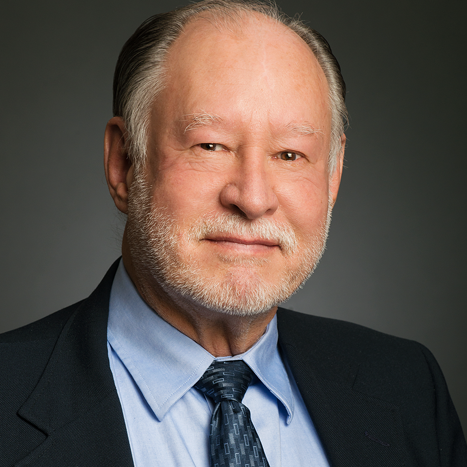
Achieving Sustainable Health Spending
Health spending has grown faster than the economy for decades, resulting in growth of the health care share of national economic output (gross domestic product (GDP)) from about 7 percent in 1970 to approximately 18 percent today. This inexorable increase in health care spending is a problem for individuals, families, businesses, government, and the overall economic health of the country. This is particularly evident when viewing federal, state, and local government budgets. About half of health care spending is publicly financed, mostly through Medicare and Medicaid, and the current rate of growth for these programs is not sustainable as it crowds out other priorities, such as infrastructure needs or education. A sustainable solution requires a long-term reduction in the health spending growth rate relative to GDP or “bending the health care cost curve.”
To identify trends and track progress toward sustainable growth, we regularly issue Health Sector Economic Indicators (HSEI). These monthly briefs analyze the most recent data available on health sector employment, spending, prices, and utilization—helping to fill gaps in the official government data.

Featured Reports
September 2023 Health Sector Economic Indicators Briefs

Contact Us

Corwin (Corey) Rhyan - MPP
Research Director, Health Economics and Policy
Areas of Expertise- Health Economics
- Health Policy Analysis
- Economic Modeling
Corey develops tools that model the societal benefits of improved population health and conducts economic analyses of health sector policies. He holds a master’s degree in public policy from the University of Michigan and a bachelor’s degree in economics from Washington University in St. Louis.

George Miller - PhD, BSE, MSE
Fellow and Research Team Leader
Areas of Expertise- Value of Health
- Low-Value Care
- Health Economics
Dr. George Miller is a fellow participating in Altarum's efforts to track national spending, analyze the drivers of spending growth, and quantify a sustainable spending growth rate. Dr. Miller received his BSE, MSE, and PhD degrees in industrial and operations engineering from the University of Michigan, where he subsequently served as an adjunct assistant professor.